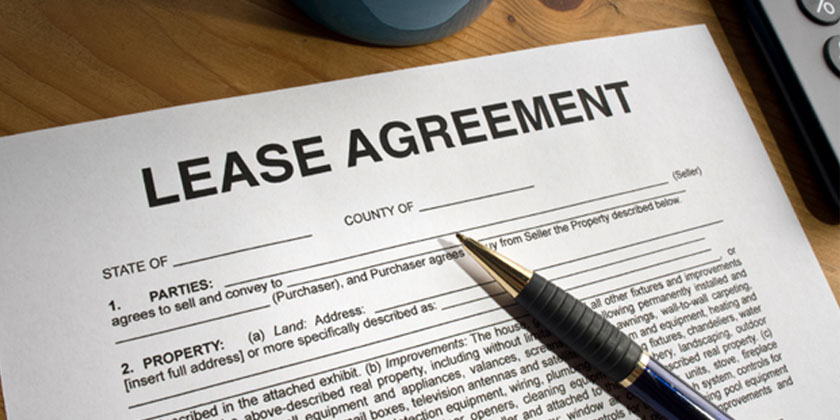When you lease a property to someone, you give up certain rights to that property. For example, you typically give up the right to occupy that portion of the property and in return you receive some form of payment (monthly rent perhaps) for giving up that right. The issue of impacting value relates to the question – how does the level of compensation you receive relate to the rights you gave to the tenant in the lease? Under a market value analysis, if the market perceives that your compensation is worth less than the value of the rights you gave up, then the value of your ownership in the property would be negatively impacted by that lease. Conversely, if your payment exceeds the market value of the rights given up, the value of your rights in the property could increase.
With properties not encumbered with a lease (i.e. owner-occupied property), the owner is said to own the “fee simple” interests, which is the most extensive class of ownership in Canada. With leased properties, the property owner is said to own the “leased fee” interests (the owner gets the monthly “fee”), and the tenant is said to own the “leasehold” (tenant “hold”s the lease) interests. While not completely uniform, the general concept of these various rights is that (if the lease rate is at market) the sum of the value of the “leased fee” and “leasehold” rights equal the value of the otherwise “fee simple” rights.
Unfortunately, the scope of this short article does not permit a detailed discussion of this frequently misunderstood topic. Due to the complexity of this issue, your best resource to better understand it is with the services of a professional real property appraiser in conjunction with a lawyer – who, while not an expert in valuation issues with real property, are experts on securing your negotiated rights in a lease.
We, at Atlas Appraisal Services, have extensive training, knowledge and experience in this field of study and would be glad to work with you prior to negotiating your next lease, either as a tenant or owner.
We would very much like to have our articles critiqued by interested parties as well as receive other appraisal topics you would like discussed under this format.
We encourage feedback from our readers – with comments on this article and/or suggestions for further ones.


Write a Comment